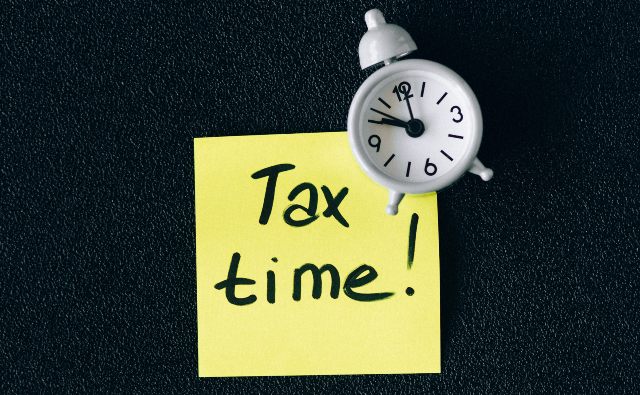Last Updated on July 24, 2022 by The MediFi Guy
Now for the fun part – the world of investing!
The very first payment you make upon receiving your salary should be a payment to yourself. More specifically, a payment to your future self. If you do not do so you will never be financially free. This is a necessary condition for financial independence. Without doing so everything else you do will be in vain.
What “paying yourself first” means in practical terms, is that one should invest a minimum of 15 – 20% of their salary every month towards their retirement.
The importance of doing so cannot be stressed enough.
To be even more specific, paying yourself first involves allocating 15 – 20% of your net (after tax) salary towards your retirement accounts (the 15-20% is spread between your Retirement Annuity and Tax-Free Savings Account) which is then invested in such a way that you are guaranteed to be financially independent by your chosen retirement age. Financial independence in this context means that you have enough money invested to continue living off your investments alone for the rest of your life without having to continue working.
Setting up this first payment to yourself is a very simple process that requires minimal effort to initially set up, and once it’s been set up and automated requires very little in terms of monitoring, provided that you understand a few basic investing and personal finance concepts.
This foundational conceptual knowledge will be the focus of all forthcoming posts. It is time we take a deep dive, and finally learn what exactly it means to “Invest”.
Stay tuned.
Legal Disclaimer: The information on this website including research, opinions or other content is not intended to and does not constitute financial, accounting, tax, legal, investment, consulting or other professional advice or services. The author of this blog does not act or purport to act in any way as a financial advisor or in a fiduciary capacity. Prior to making any decision or taking any action, which might affect your personal finances or business, you should take appropriate advice from a suitably qualified professional or financial adviser.



